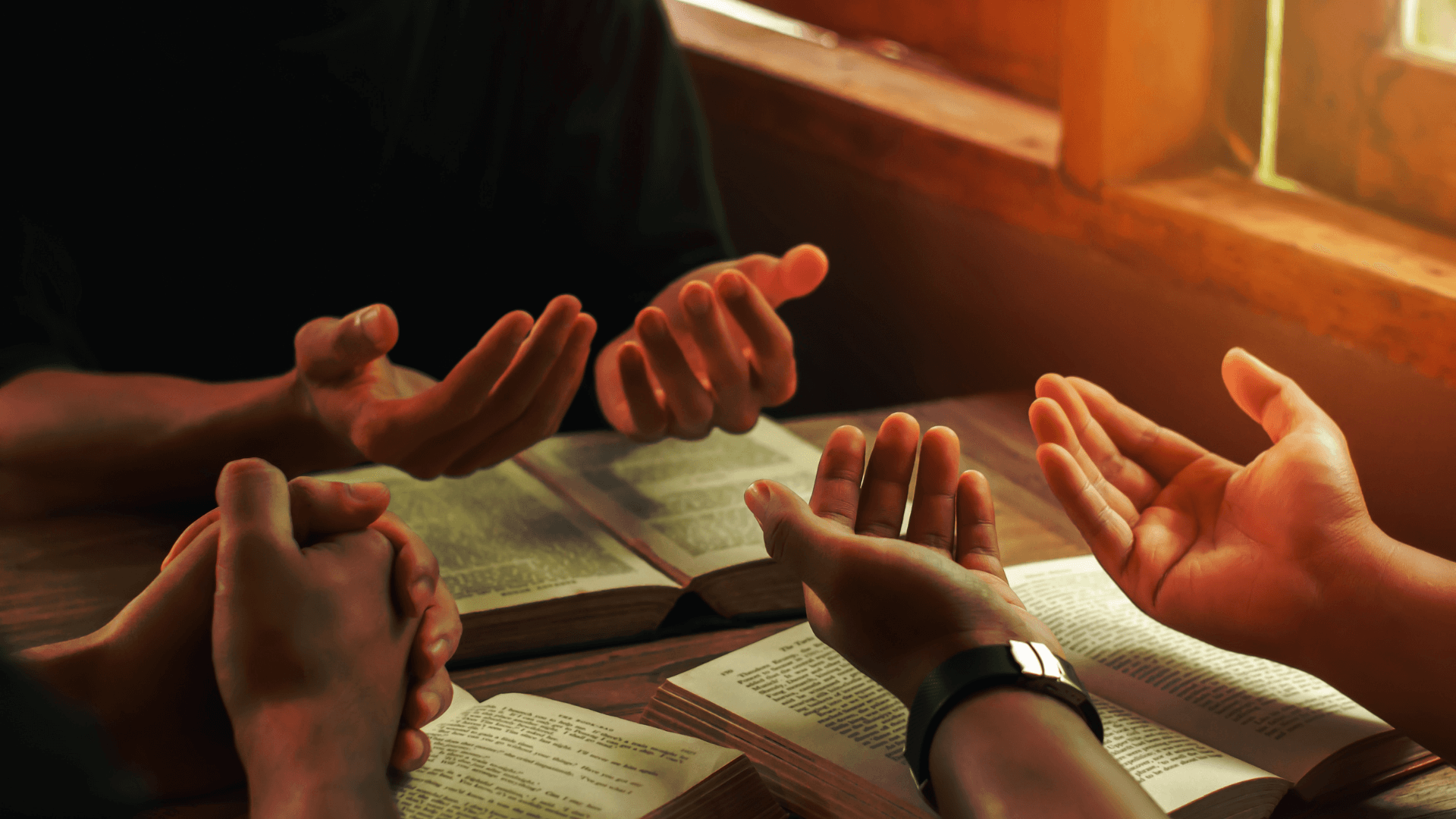Being Alone vs. Being Lonely.
We were in Laurel last week, visiting with the grandkids, Katherine and Levi, and their expendable parents. (If you’re a grandparent, I don’t need to explain. Katherine and Levi’s parents just tend to get in the way of our fun.)
Katherine and Levi would rather eat at Waffle House than any other restaurant in the Western Hemisphere. I get that. It’s one of our all-time guilty pleasures. Waffle House is one of the great levelers of society — where else will you see neurosurgeons and sod layers eating together and know that everyone will be treated the same? Scattered, smothered, and covered — that’s my hash brown preference, in case you’re taking notes.
When we have the grandkids at our house, we serve them what I call a “syrup-based breakfast.” That means either pancakes or waffles, with about a pound of bacon for each kid. That’s pretty much what they’ll opt for at Waffle House too, anytime of the day, although Levi has branched out into hash browns. I’m trying to teach him to appreciate the finer things in life. “Papa,” he said, “you’re the best cook in the galaxy.” That’s pretty high praise, but I aspire to the “best cook in the universe.” I guess that gives me room to grow.
At the Laurel Waffle House — which was as cold as a morgue — we all opted to sit at the counter (aka the “high bar”), which looks into the kitchen. We all enjoy watching the grill jockeys at work — it’s like redneck hibachi.
Sitting at the counter next to us was an older gentleman (actually, he may have been younger than me, but he sure looked old.) He had on a weathered camo jacket covered with patriotic patches — flags, eagles, all that. He had on a ball cap with a political slogan on it. He was unshaved, clean, but still sort of disheveled. He was wearing Eisenhower-era hearing aids.
Our server was very cheerful, attractive, and had this multi-megawatt smile. She was also chatty, which is probably a prerequisite for working at Waffle House.
I obliquely noticed that the other gentleman was paying her more-than-casual attention. There was some low-level flirting going on as he sipped his coffee, which is all he’d ordered.
I wasn’t eavesdropping, at least not intentionally. At one point, our server asked him, “Do you enjoy watching me work?” He just beamed — I think he enjoyed the attention.
A bit later, he asked, “What time do you get off work?
Our server rolled with it. “At 6, but why do you want to know?” She was cordial, and smiling, but there was no question that he’d trespassed a bit too far.
He seemed to know that he’d crossed a line. “Uh, well, I was just wondering.” He began studying the last of his coffee.
That was pretty much it. He soon paid for his coffee and left. Our server watched him as he walked out the door. He was limping a little.
I couldn’t help myself. “That was a bit uncomfortable, wasn’t it?” I asked my server. Not that I would ever judge, but he sure didn’t seem her type.
She smiled wanly. “Not really,” she said. “He’s in here a lot. He’s just a lonely old man.”
I don’t know why that struck me. Everyone has a story. I didn’t know his. I may have been judgmental. Maybe I assumed he was a creep.
Since then I’ve been thinking about loneliness. Being alone isn’t a bad thing necessarily, but being lonely isn’t necessarily good.
As followers of Christ, we’re called to “bear one another’s burdens” (Galatians 6:2), yet in doing so, it’s vital to understand the nuance between being alone and being lonely, as they’re not always the same thing.
Being Alone vs. Being Lonely
Firstly, being alone is a physical state, where a person may not have others around them. It’s a solitude that can be sought after for peace, prayer, and reflection. Jesus Himself sought solitude to pray (Luke 5:16), showing that being alone can be a positive, rejuvenating experience.
On the flip side, being lonely is an emotional state — a feeling of being disconnected, unseen, or unloved, regardless of how many people are around. Loneliness can be more daunting to navigate because it’s not about the physical absence of people but the perceived absence of meaningful connections. So if we feel led, how do we address this when we see this in other people? And do we sometimes need to mind our own business? It’s complicated.

Reaching Out from a Christian Worldview
Pray First: Before you do anything, pray. Ask God for guidance, sensitivity, and the right words. Your outreach should be a reflection of God’s love, and what better way to ensure this than to start with Him?
Be Present: Sometimes, the best way to reach out is simply to be there. Presence can speak louder than words. Offer your time and attention. Whether it’s sitting quietly with someone, listening to them, or engaging in an activity together, your presence can remind them that they’re valued and loved.
Listen with Love: Often, people who are lonely just need someone to listen — really listen — to them. Listening is a form of love that validates someone’s feelings and experiences. When you listen, do so with the intention of understanding, not fixing. Remember, Job’s friends sat with him in silence for seven days before speaking (Job 2:13), showing the power of presence over words.
Share God’s Word in a Gentle Way: The Bible is full of verses about God’s love, presence, and care for us. Sharing a scripture can be incredibly comforting. However, be sensitive to timing and receptivity. Sometimes, it’s more about living out God’s Word through your actions than quoting it.
Invite, Don’t Impose: Invite them to activities, church events, or even just for coffee. However, respect their decision if they’re not ready to engage. Loneliness can make it hard for some to step out, so be patient and keep extending the invitation without pressure.
Encourage Connections: Sometimes, helping someone out of loneliness means helping them connect with others. Introduce them to groups, clubs, or gatherings where they might find like-minded individuals. Encourage involvement in community or church activities where they can form meaningful relationships.
Follow Up: Reaching out once can make a difference, but ongoing support can change a life. Check in regularly. A simple text, call, or note can remind them that they are not forgotten. Consistency shows genuine care.
Reaching out to someone who’s lonely is a call to embody Christ’s love in the most practical of ways. It’s about being a friend, a listener, and a beacon of God’s love. Remember, loneliness doesn’t resolve overnight. It’s in the persistent, gentle reaching out that hearts are touched and lives are changed.
Through such acts of love and kindness, we not only address the loneliness in others but also reflect the love of Christ, who promised never to leave us nor forsake us. In doing so, we fulfill one of the most beautiful aspects of our faith: sharing God’s unconditional love with those who feel most disconnected from it. Let’s not underestimate the power of reaching out, for in the tapestry of humanity, every thread is essential, and every connection matters.



